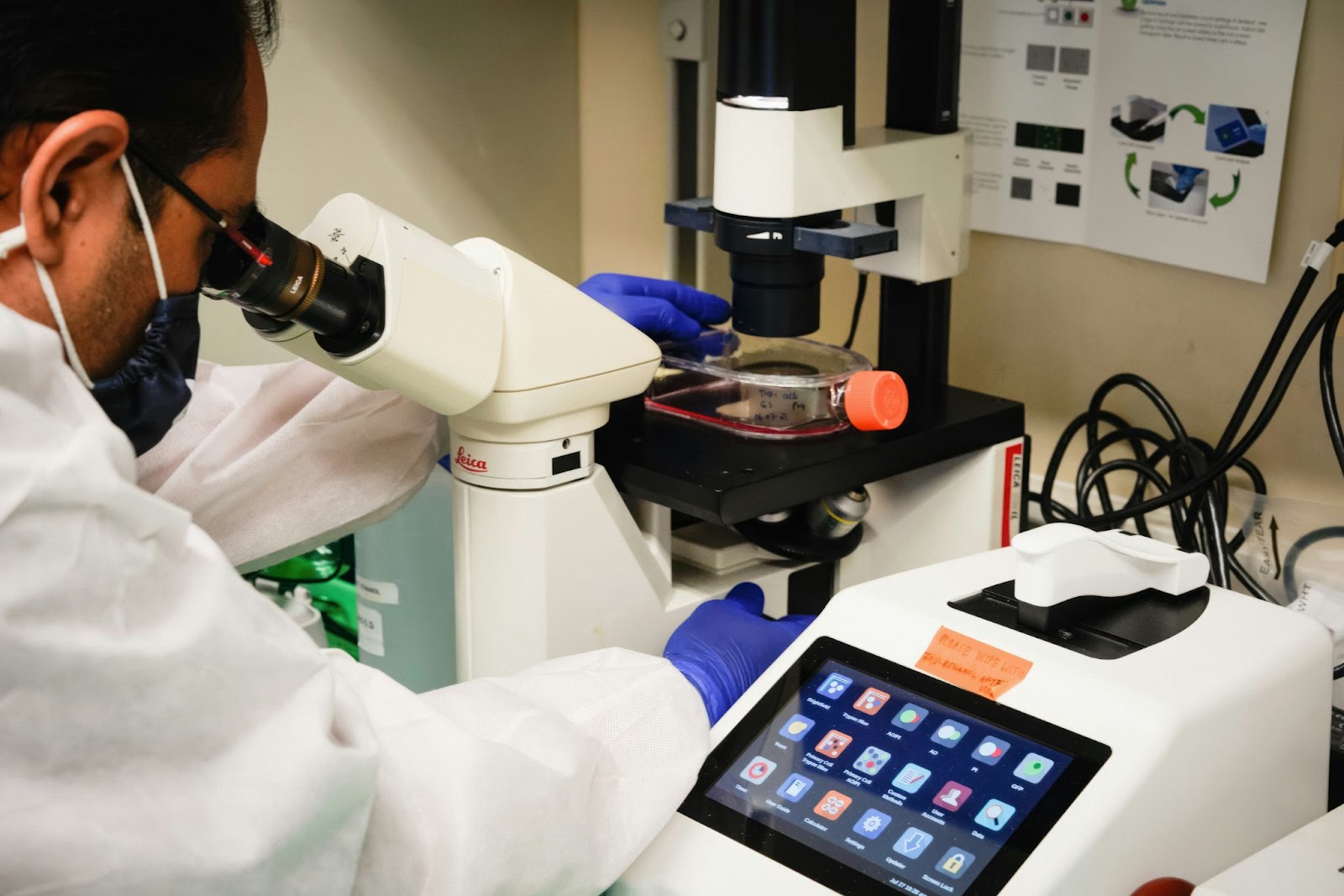
Image source: unsplash
The surgeon-scientist plays a crucial role in advancing medical research by bridging clinical practice with scientific discovery. Their work leads to innovations in surgical techniques, perioperative care, and the development of new devices and treatment protocols that directly benefit patient care. However, a persistent challenge faced by surgeon-scientists is securing sustainable funding to continue meaningful research. The current funding environment is highly competitive, with limited resources available and increasing administrative and clinical demands reducing the time available for grant writing and research. Addressing these challenges requires creative strategies, institutional support, and systemic changes to ensure surgeon-scientists continue to drive medical progress.
The Current Funding Landscape
The funding environment for medical research has become increasingly constrained, with reduced success rates for grant applications and growing competition among researchers. Surgeon scientists face additional hurdles due to the demands of clinical practice, which limit the time they can dedicate to research and grant preparation. Traditional funding sources, such as the National Institutes of Health (NIH), are essential but highly competitive, with success rates often below 20% for many grant categories.
Additionally, surgeon-scientists often require substantial funding to support laboratory staff, research supplies, and the necessary infrastructure to conduct high-quality research while balancing their clinical responsibilities. With pressures on healthcare systems to maximize clinical productivity, the protected time required for research and grant writing is often insufficient, making it challenging to develop competitive proposals and maintain consistent research output.
Balancing Clinical Duties with Research Demands
Surgeon-scientists are unique in that they must excel in two demanding roles: providing high-quality patient care and conducting rigorous scientific research. The increasing complexity of surgical care, administrative burdens, and pressure to generate clinical revenue often reduce the time available for research activities. The result is a challenging environment where surgeon-scientists may feel compelled to prioritize clinical duties over research, impacting their ability to produce preliminary data and publish work necessary to secure competitive funding.
Institutions can help address this issue by recognizing the importance of protected research time for surgeon-scientists and providing dedicated blocks of time for research without the expectation of clinical productivity during those periods. Establishing clear policies for protected time and monitoring their implementation can help surgeon-scientists effectively balance their dual roles.
Developing Strong Mentorship and Collaborative Networks
Mentorship is a critical component in supporting surgeon-scientists to overcome funding challenges. Senior surgeon-scientists who have successfully navigated the grant application process can provide valuable guidance on crafting competitive proposals, identifying funding opportunities, and building a research agenda aligned with clinical interests. Structured mentorship programs within academic centers can connect early-career surgeon-scientists with experienced researchers who can offer insights into effective grant writing and research project management.
Additionally, collaborative networks with other departments, including engineering, data science, and basic sciences, can enhance the competitiveness of grant applications. Multi-investigator and multidisciplinary proposals often attract funding by demonstrating broader impact and collaboration, increasing the likelihood of success. Surgeon-scientists who actively build these networks can leverage complementary expertise and resources to strengthen their research programs.
Leveraging Institutional Resources and Pilot Funding
Many institutions offer internal funding opportunities, such as pilot grants, seed funding, and departmental research support, which can provide initial resources for early-stage research projects. These small-scale funding opportunities enable surgeon-scientists to generate preliminary data, which is often required for larger grant applications to external funding agencies. Utilizing these resources strategically can position surgeon-scientists to submit more competitive proposals with robust preliminary findings.
Exploring Alternative Funding Sources
While traditional government funding remains a primary source of research support, surgeon-scientists can diversify their funding strategies by exploring alternative sources of funding. Foundations, professional societies, and philanthropic organizations often offer grants targeted toward specific areas of surgical research, including device development, patient safety initiatives, and surgical outcomes studies.
Industry partnerships represent another potential avenue for funding, particularly for surgeon-scientists engaged in device development or clinical trials of new technologies. While these collaborations can provide necessary resources, surgeon-scientists need to understand and manage potential conflicts of interest, ensuring that research priorities remain aligned with patient care and scientific integrity.
Strengthening Research Focus and Alignment with Institutional Priorities
Surgeon-scientists can enhance their funding success by aligning their research focus with institutional priorities, emerging public health needs, and national research initiatives. Research that addresses critical gaps in patient care, improves surgical outcomes or aligns with initiatives such as precision medicine and health equity may be more likely to attract funding effectively.
Developing a clear research agenda with defined short- and long-term goals can help surgeon-scientists target funding opportunities that align with their expertise and institutional strengths. Additionally, focusing on high-impact research questions that are closely tied to clinical challenges can increase the translational potential of research findings, making proposals more appealing to funding agencies.
Advocating for Systemic Change
While individual strategies can help surgeon-scientists overcome funding hurdles, broader systemic changes are necessary to sustain the surgeon-scientist workforce. Advocacy efforts aimed at increasing research funding for clinician-scientists, expanding institutional support for protected research time, and developing career pathways that recognize the value of surgeon-scientists are critical for the future of surgical research.
Surgeon scientists are essential to advancing surgical practice through innovative research that directly improves patient care. However, funding challenges and competing clinical demands can hinder their ability to sustain productive research programs. By leveraging mentorship, institutional resources, alternative funding sources, and collaborative networks, surgeon-scientists can navigate these challenges and continue to drive medical innovation. Systemic support from institutions and professional organizations is equally critical in ensuring that surgeon-scientists have the resources and time necessary to fulfill their dual mission of clinical excellence and research advancement. By adopting these strategies, the surgeon-scientist community can overcome funding hurdles and continue to play a pivotal role in shaping the future of surgery and healthcare.